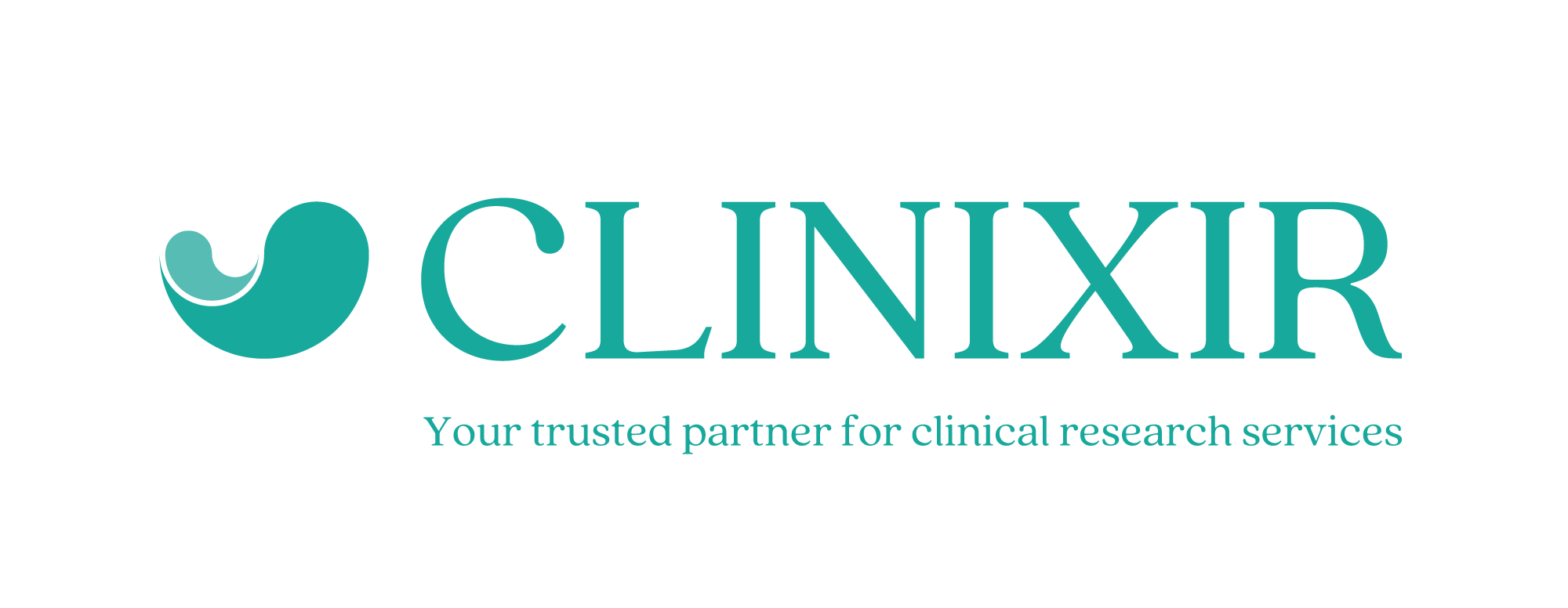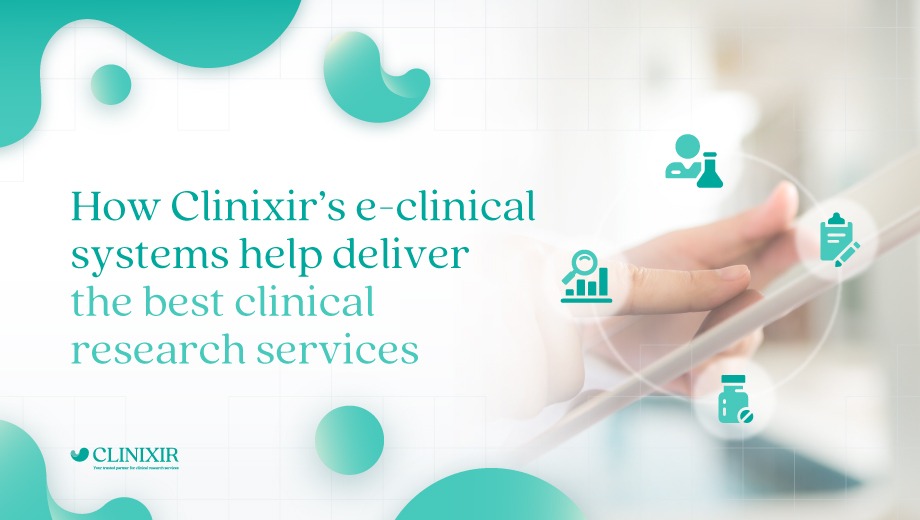When the pandemic arrived, scores of industries were forced to a halt. However, for essential industries such as health care, stopping was never an option. Biotech and pharmaceutical companies indeed had to accelerate their clinical trials, and e-clinical systems were how they did it.
Broadly defined, e-clinical systems are a group of platforms within the clinical trial and DCT ecosystems. These platforms support patient recruitment, clinical trial technology services, telehealth, clinical analytics, and decentralized trial platforms. They include the following elements:
Clinical trial management systems (CTMS)
Clinical trial management systems (CTMS) compile and manage research data in accordance with regulatory standards as stipulated by authorities. These systems also reduce the probability of error and ensure that all data inputs are complete.
The introduction of CTMS came about in order to allow pharmaceutical companies and regulatory authorities to convene in the fast-track development of pharmaceutical products. Authorities have required every fast-track development of products to comply with the same quality-assurance standards — a stable set of requirements that enabled the advent of CTMS.
Randomization and trial supply management (RTSM)
The second type of e-clinical system is randomization trial supply management (RTSM). Playing an active role in today’s e-clinical solutions, these systems enable important functions of clinical trials, such as patient-to-site resupply. In general, they serve two main purposes, beginning with the elimination of bias in patient group assignments. Secondly, they ensure that the products used in clinical trials are accurately tracked and effectively managed.
Pharmacovigilance solutions
Pharmacovigilance solutions provide mechanisms to manage the occurrence of adverse or serious events that are reported during or after clinical studies. The mechanisms include worldwide case reporting, signal detection, detailed analytics, case intakes, expedited reporting in various formats, risk management, periodic reporting and submissions, as well as managing large volumes of cases. These are considered the gold standard for pharmacovigilance in managing the millions of ongoing cases within the healthcare industry.
Electronic data capture (EDC)
The fourth type of e-clinical system is electronic data capture (EDC). These systems are responsible for the accumulation and management of any data that emerges within clinical trials on a digital platform, thereby removing the need for conventional paper-based data. Not only do the solutions enable researchers to securely and efficiently capture data, but they also accelerate research processes to facilitate the reusability of this data. To top it off, these capture systems are cloud-based, which means they provide secure remote access from anywhere, at any time.
How these systems help Clinixir deliver the best clinical research services
At Clinixir, our Oracle Siebel CTMS helps report on all clinical trial operations data and generates the most acceptable clinical research outcomes through data and workflow standardization. In addition, this system regulates the entry, storage, and transmission of data, which helps ensure compliance. All data that enters the system is checked for authenticity, quality, integrity, and reliability.
Using this system also enables us to fast-track a drug’s time-to-market, streamline clinical trial operations, and most importantly, cater to specific sponsor needs using configurable workflows. The most advanced function of the Oracle Siebel CTMS is its ability to integrate cutting-edge analytics to provide timely, actionable, and fact-based insights into ongoing clinical programs, enabling data-driven decision making.
Clinixir’s Clinical One RTSM system enables automatic and predictive reordering, site activation, site assignment and distribution, multi-scenario configurability, status reports, algorithm-based subject assignments, and product history audits. Thanks to the system’s self-service configurations, it is possible to build a study in a matter of days rather than weeks. The system also provides a fully-modifiable assessment view of real-time drug inventories, which removes the necessity of reverting to vendors, incurring extra costs, and making change requests. Moreover, Clinical One’s system enables our sponsors to implement changes during studies without interruption.
In addition to randomization trial supply management, Clinical One also functions as an electronic data capture (EDC) system. By unifying the entry of all data, and managing sensor data at scale, our team can improve the efficiency and effectiveness of decision-making during clinical trials.
The primary pharmacovigilance solution used by Clinixir is Argus. Argus is arguably the most robust and scalable end-to-end solution, which helps us automate case processing, safety operations monitoring, periodic reporting, E2B intakes and submissions, analytics, and reporting. By automating these aspects of multi-vigilance, we can achieve compliance with global regulations, reduce costs, simplify our case processing, and provide our sponsors with actionable insights and analytics.
The future of clinical trial management
Clinical trial management in the years ahead will be based on agility and quality. To simultaneously achieve both goals given the multivariate aspects of clinical research data, cutting-edge solutions are required. This is where we can help.
Clinixir offers industry-leading services to help your organization develop better, more cutting-edge treatments. Our advanced methods, affiliation with Thailand’s top medical institutions, access to the country’s largest set of medical records, extensive regulatory knowledge, advanced research methods, and state-of-the-art technologies can help your organization put reliable drugs and treatment methods on the market, maximizing your commercial output and providing a better quality of life for the general public.
To learn more, contact us today.



